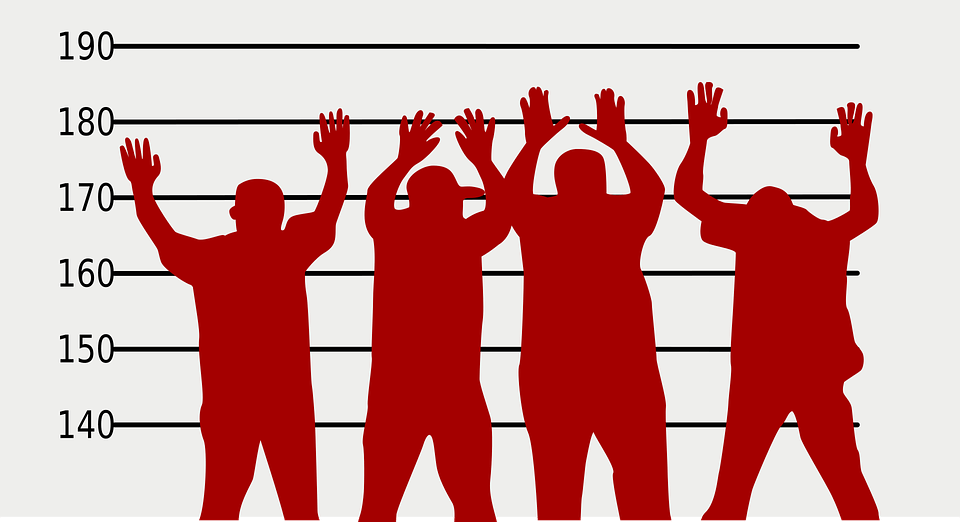The Danish capital struggles to curb crime committed by foreigners, reports BTMX.
In 2016, three out of four cases (75.1 percent) processed at the city courts in Copenhagen and Frederiksberg involved foreign nationals.
“Foreigners are welcome in Copenhagen if they want to enjoy the city as tourists or work here,” Frank Jensen, the lord mayor of Copenhagen, told BTMX.
“But it’s hard to stomach when some of them abuse our hospitality so much and come here to commit crimes.”
Foreign criminals are responsible mostly for petty crimes such as pickpocketing, but some have also been arrested for prostitution or violent crimes.
According to figures from Danmarks Statistik, most of them come from Eastern Europe, Turkey, Somalia, Iraq, Lebanon and Pakistan.
READ MORE: Steep rise in violent assaults in Copenhagen
More expensive than Danish criminals
Thorkild Fogde, the police commissioner at Copenhagen Police, complains about the high costs of dealing with foreign criminals.
“If an Eastern European [is arrested for] pickpocketing, we have to pay for an interpreter, a court hearing and possible imprisonment until he can be deported,” Fogde told BTMX.
“It is much more expensive than if it was a Danish pickpocket.”
Gerd Battrup, a researcher in cross-border crime at the University of Southern Denmark, contends most of the foreign crime committed in Copenhagen is related to tourism and is probably not linked to the increased number of immigrants in the country after 2015.
To increase safety in the capital, the municipality will launch a prevention campaign against pickpocketing in collaboration with the police, the train operating company DSB and cafes and restaurants.














